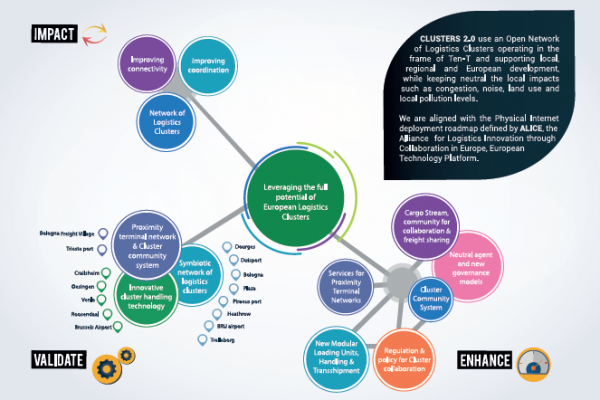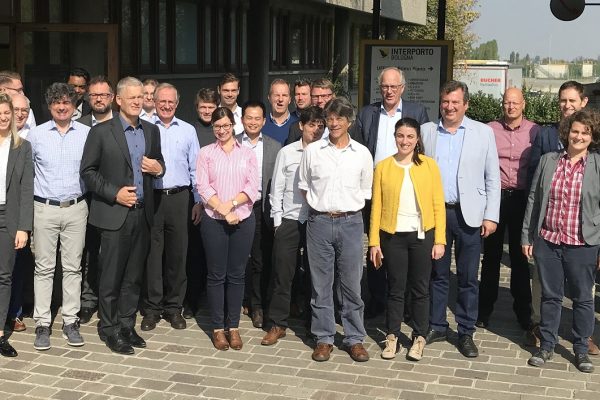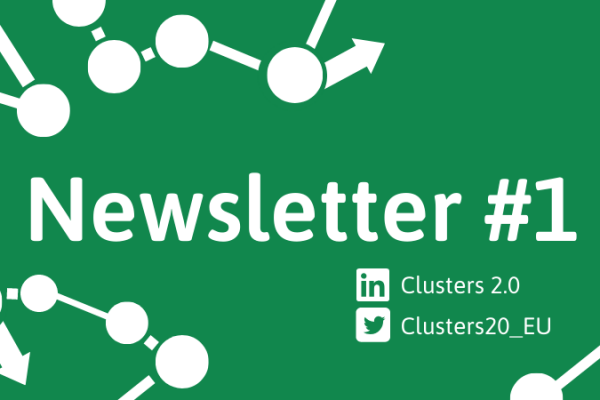Collaboration methodology in between logistics clusters
This paper develops a framework for the massification concept and identifies the success and failure elements as well as the evaluation criteria for a successful massification concept. Well-established logistics clusters, in search of bundling existing good flows with other flows in the logistics chain, still do not leverage their full potentials in terms of competitiveness and sustainability for the European industry and society. There are several reasons such as a lack of advanced collaboration practices between the local actors (i.e.…




